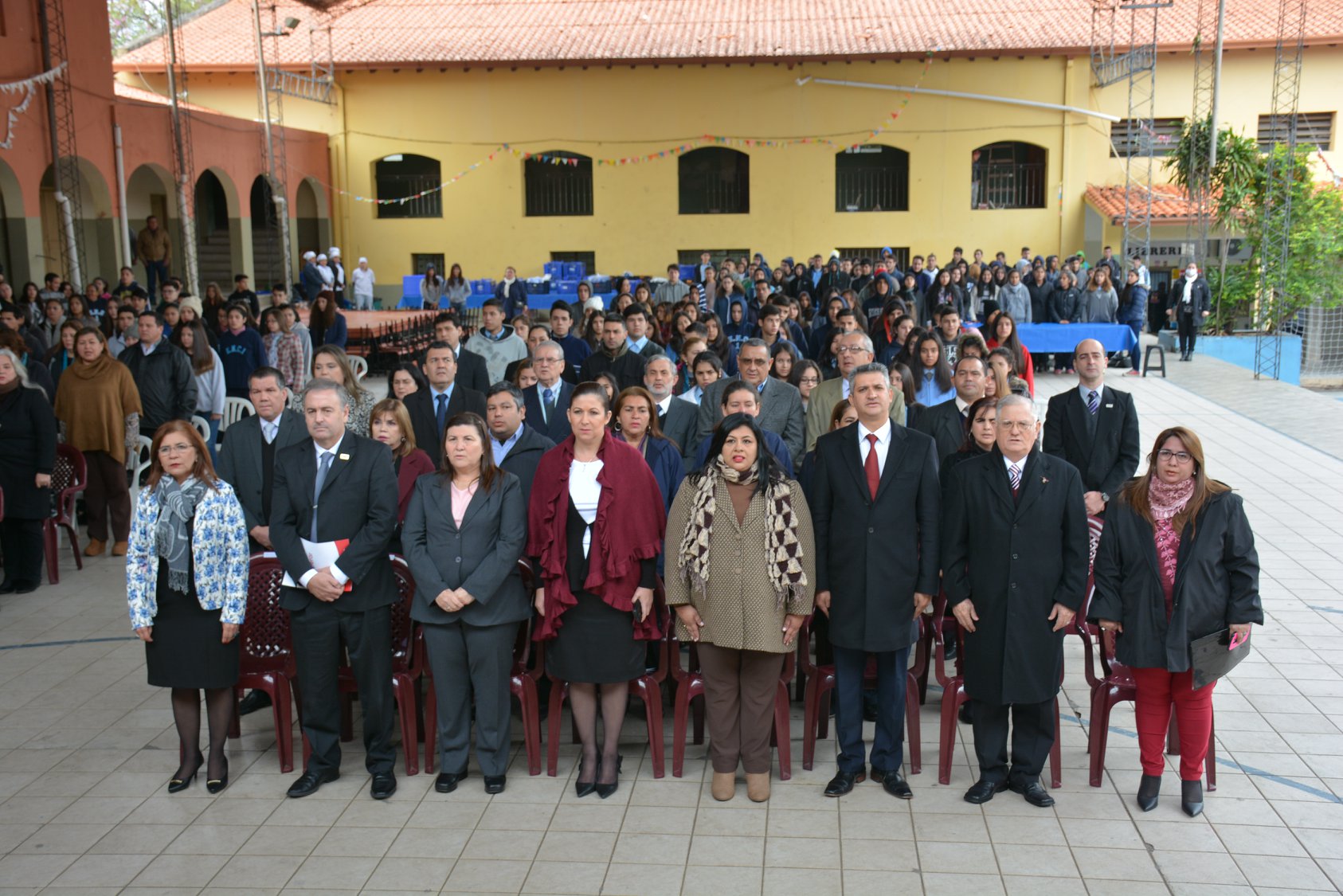The Federation of Paraguayan Co-operatives (FECOPAR) has launched a technical baccalaureate qualification in co-operatives.
The BT Coop qualification, which will be available at the National School of Commerce, was officially launched last month at a ceremony featuring Ariel Guarco, president of the International Co-operative Alliance. The launch coincided with the 11th anniversary of the federation.

A team of technical experts worked with the Federation to design the three-year curriculum in line with co-operative values and principles. Students will learn about the management of co-ops and take internships at co-operative organisations, in preparation for a career in the sector.
It is hoped the baccalaureate, the result of an agreement between the federation and the Ministry of Education and Sciences, will also help to shape young people into responsible citizens.
The programme, part of the national financial education strategy, includes a mix of theory and practice and will cover general technical baccalaureate subjects as well as specific co-operative competences.
Initially, a pilot project will enrol 29 students and once the first cohort graduates, the federation plans to work with other schools and colleges to expand the course.
Speaking at the event, Emilia Román Amarilla, general director of the National School of Commerce, said that teaching the benefits of the co-operative model was an excellent exercise in social responsibility.
Article 113 of the Paraguayan constitution mentions that co-operative principles need to be disseminated through education as an instrument of national economic development.
“From the International Co-operative Alliance’s perspective, having co-operatives included in the educational curriculum is a priority,” said Mr Guarco.
He added that the fifth Co-operative Summit of the Americas, due to take place in Buenos Aires on 23-26 October, would feature a forum on co-operatives and the educational system.
“The objective of this forum is developing a collaborative network that would facilitate initiatives in each country to incorporate content on co-operatives in all-level curricula,” he said.
The event will feature a virtual exchange, with participants sharing their experience remotely and discussing the documents that will come out of the summit.
“We have the responsibility to promote the idea that all children and young people must know that there are other ways of organising ourselves, that there is not a single way to provide ourselves with food, to get work or to promote development,” added Mr Guarco. “They should know that there are alternative paths and that co-operatives are one of these.”

